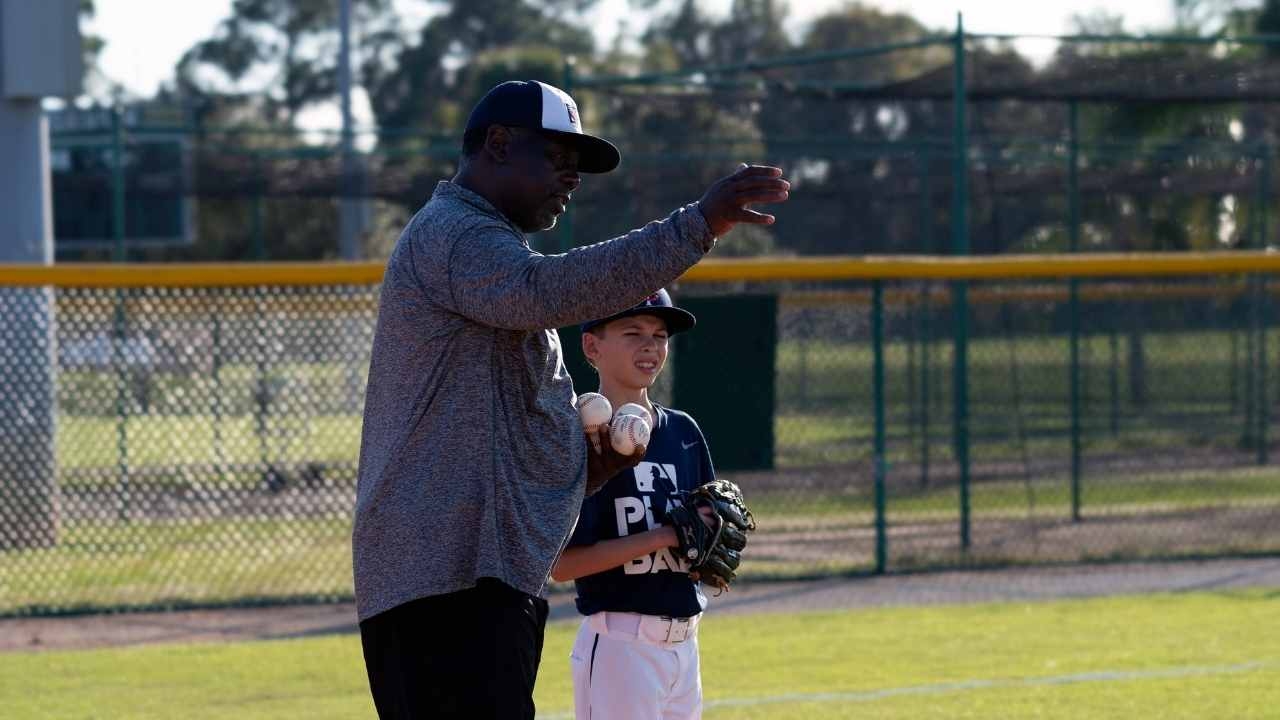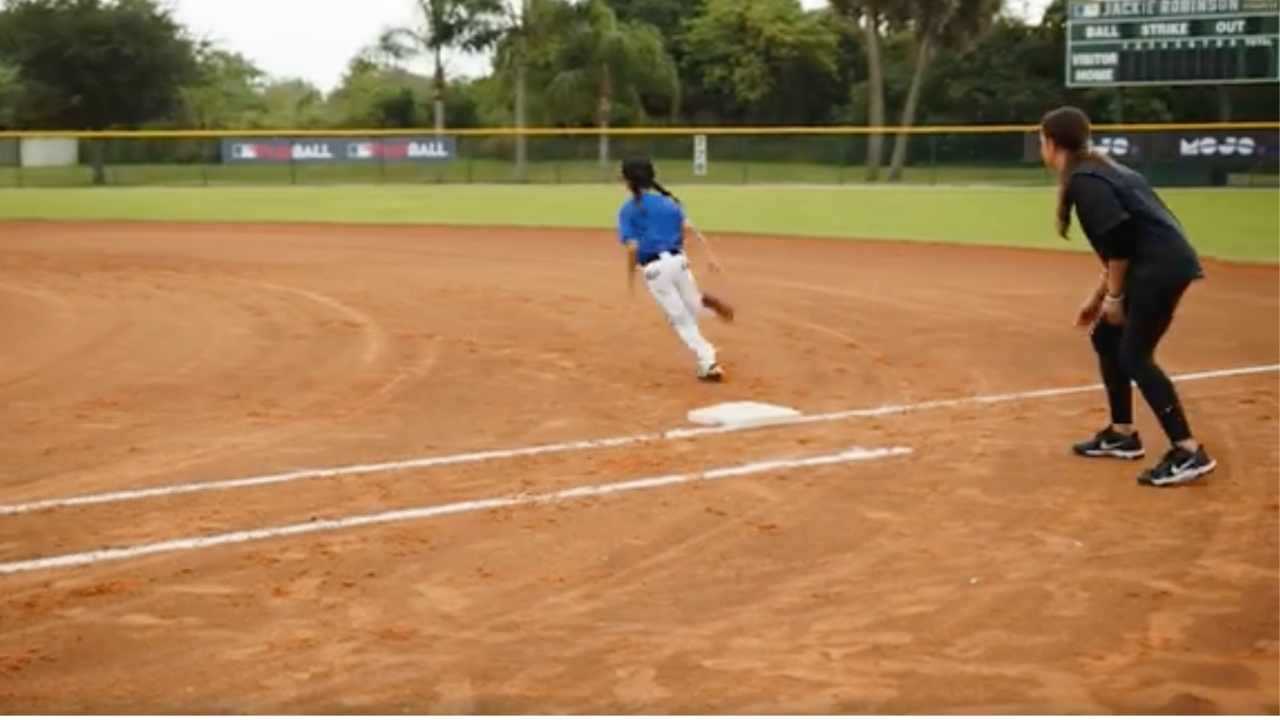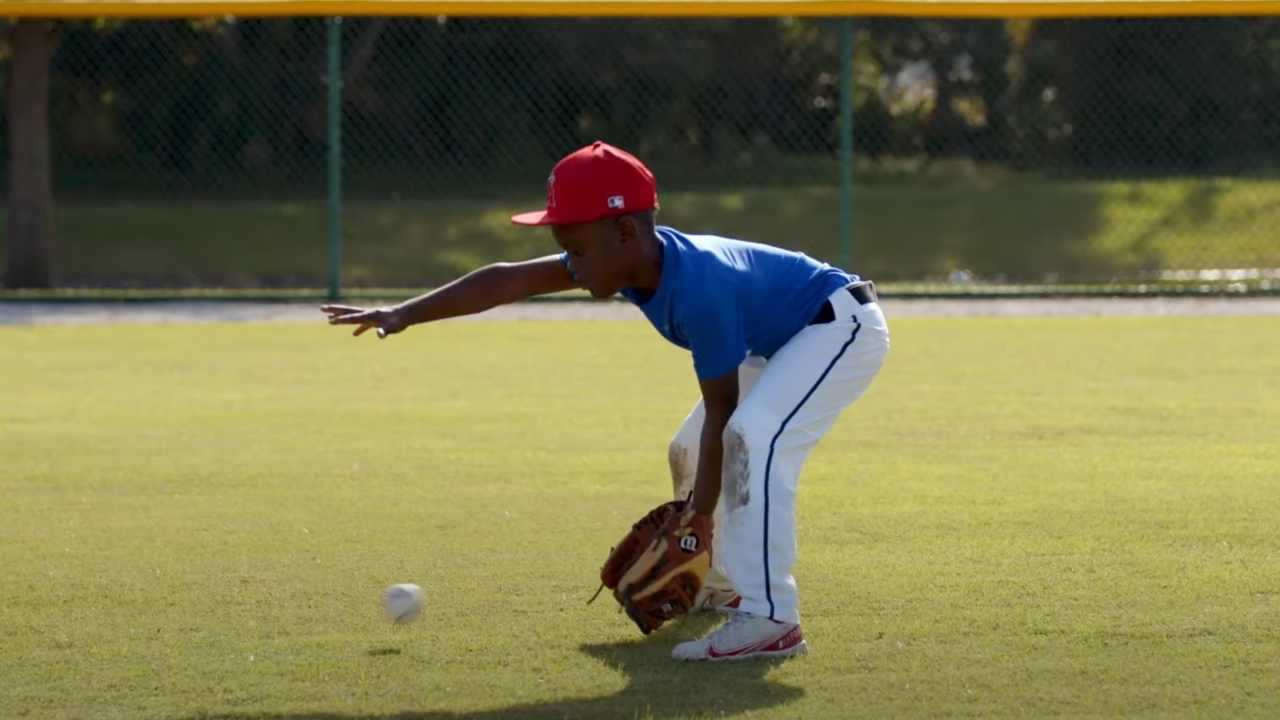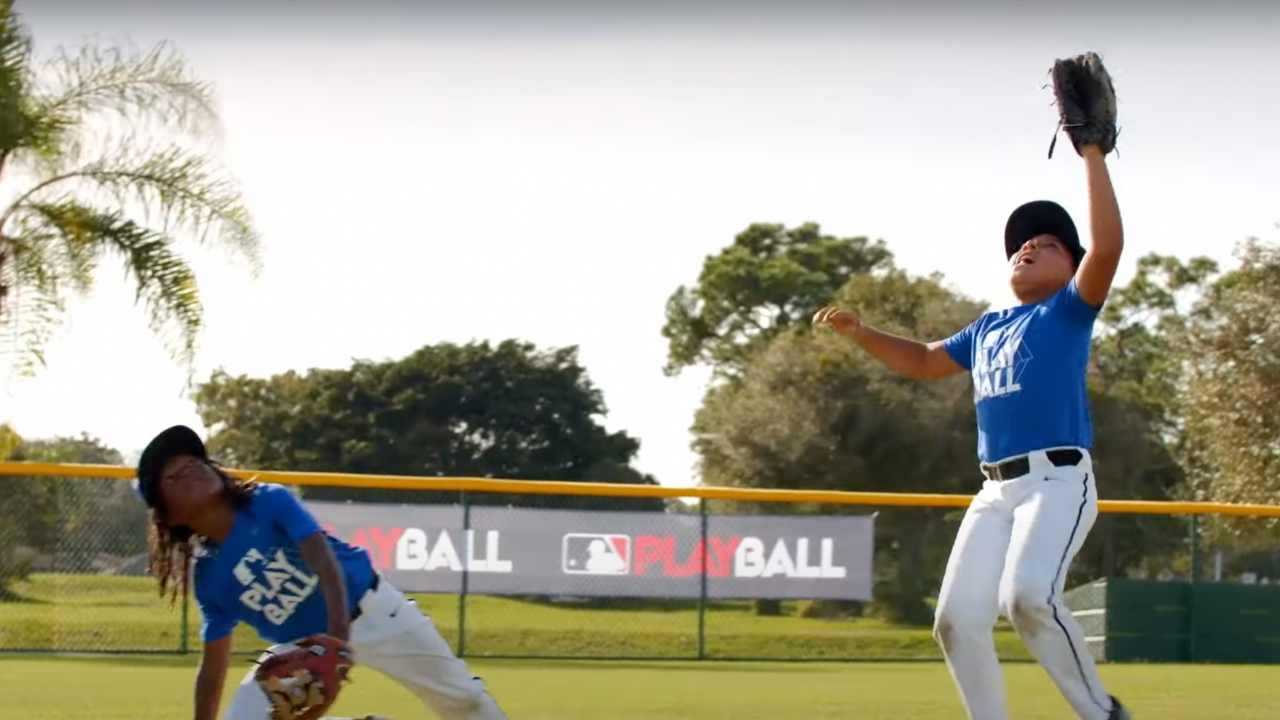How to Remove the Fear of Failure
How do you help young players move on?
Sue Pierce
| 3 min read

It’s pretty common to see kids who rock at practice freeze up in a baseball or softball game.
What changes?
Often, it’s the fear of failure — which can be powerful, even at young ages.
Dan Keller, longtime baseball coach and founder of Dugout Captain, remembers when one of his 9-year-old pitchers was struggling on the mound during practice. He paused the game to play catch with him. Every throw was a laser to his chest. He pointed out that the pitcher basically just threw eight fastballs.
“We make this game so hard,” says Keller. “We take ourselves so seriously.”
Here’s what coaches can do to relieve some of the pressure.
Explain the game.
Baseball and softball are inherently games of failure. An awesome batting average is getting a hit 30% of the time — that’s 3 out of 10 times at bat. Start teaching this fact to kids early. It will take away some natural pressure they put on themselves. Think: If this is what the pros are doing, then we’re OK.
Redefine success.
Hitting a home run – or even a single – can’t be the definition of success for young players. It’s way too hard to reach.
“Create an environment where being aggressive is success,” says Keller. At batting practice, the number one goal is to swing hard. During base running, the top goal is to run hard through 1st base. If mistakes are made aggressively, count them as a win.
Nip indecision in the bud.
“Three pitches, three swings” is another great way of redefining success for a player who isn’t swinging during a game. Tell your player they have to swing at the first three pitches. They don’t have a choice. Remove any decision-making to get the player over the hurdle of indecisiveness, caution and anxiety. Success is swinging the bat, even if they strike out. “It works beautifully,” says Keller. “You can watch the burden come off the player’s shoulders.”
Celebrate effort.
It may sound like a little thing, but really it’s huge. By celebrating effort, coaches can change their players’ mindset. If a softball catcher is blocking balls in the dirt, don’t critique her technique. Praise her for getting in front of a ball that’s about to hit her. Then in time, bring in technique. Celebrate kids who swing hard at bat, even if they strike out. If they field a ball but make a bad throw, talk about the effort that went into getting the ball. Effort is one thing that a young player can control.
Manage mistakes.
One of the best assets a player can have is a short memory. “How can we, as coaches, as quickly as possible get that athlete or that team to move on?” asks Keller. If you run an activity during practice that ends with a winner, make sure to move to the next drill immediately. Hit the reset button quickly, so kids learn not to dwell on outcomes. Give them easy-to-remember analogies, like flushing mistakes down a mental toilet. Remind them that the most important play is always the next play.
And as always, keep the focus on fun.
Dan Keller is part of MOJO’s Partnerships & Strategy team.




